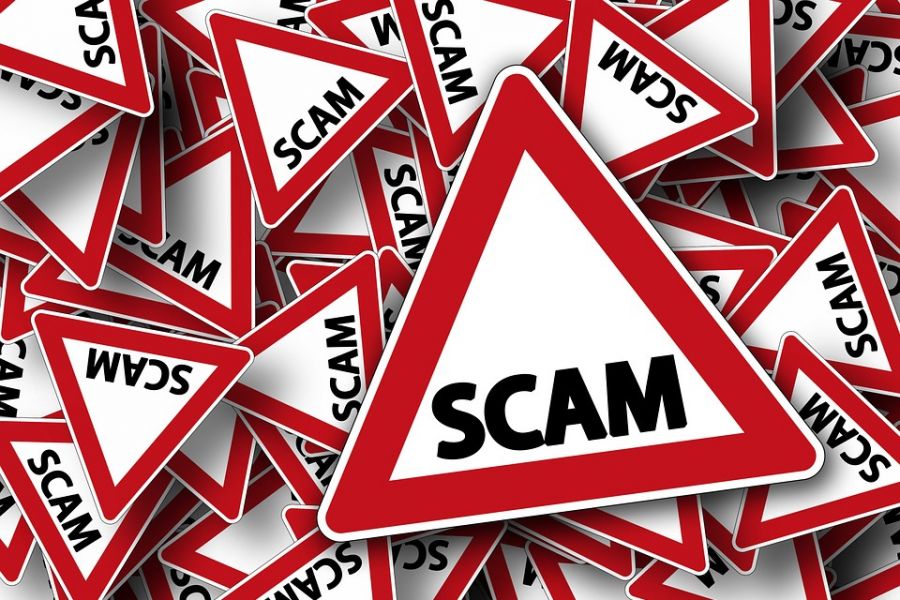Niagara Regional Police say recently they’ve seen an increase in incidents involving “overpayment scams.”
They say an overpayment scam works like this:
The victim sells an item (usually on an online buy and sell website) and is contacted by the scammer and told they’re interested in buying the item.
The scammer will then tell the seller they’re going to include extra money for various reasons, like paying a mover to come pick the item up.
The scammer then sends a cheque in the mail for an amount greater than the item they are selling and the victim deposits the cheque.
Several days later the victim will be notified by the bank that the cheque was is fraudulent, but before that the scammer will ask the seller to email-transfer the additional funds.
Police say it’s important to note the scammer could use any excuse for issuing the seller a cheque for a greater amount.
Sometimes the scammer will simply say the amount of the cheque was a mistake and request the seller to return the overpayment.
Police remind the public to use caution when sending email transfers.
They say it’s “strongly encouraged to only send email transfers to people you know or in circumstances where there is no potential of financial loss.”
“Prevention through education is key. Learn to recognize a scam and share it with others.”
A guide to protection against fraud can be found at the Canadian Anti-Fraud Centre website where you can learn about recent frauds and obtain a free copy of “The Little Black Book of Scams.”











